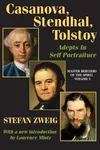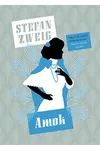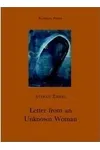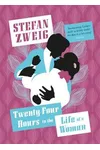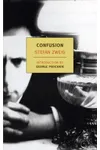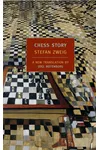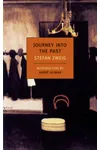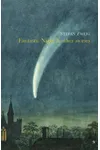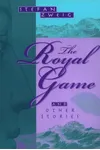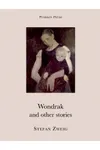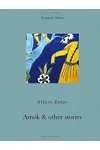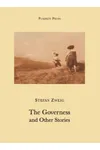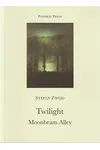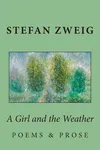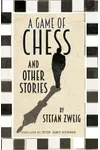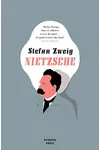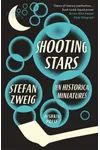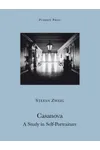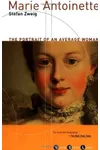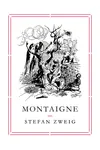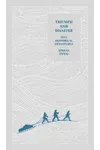Picture a Viennese storyteller whose pen unraveled the human soul—meet Stefan Zweig! Born in 1881, this Austrian literary gem captivated the world with psychologically rich novellas, novels, and biographies. From the feverish intensity of Amok to the tender tragedy of Beware of Pity, Zweig’s stories dance with emotion, making him a timeless voice in 20th-century literature.
His life, though, wasn’t all literary glamour. Fleeing Nazi persecution, Zweig’s journey ended in exile, yet his words continue to inspire readers and filmmakers alike. Ready to dive into his world? Let’s explore the man behind the masterpieces!
The Making of Stefan Zweig
Born into a wealthy Jewish family in Vienna, Stefan Zweig grew up surrounded by culture and intellect. The vibrant city, a hub of art and ideas, shaped his curious mind. By his teens, he was already scribbling poetry, influenced by literary giants like Goethe and Rilke. After studying philosophy, Zweig dove into writing, publishing his first collection of poems, Silver Strings, at just 19. His early works hinted at the psychological depth that would define his career, blending Viennese elegance with universal human struggles.
Stefan Zweig’s Unforgettable Stories
Zweig’s genius lay in his ability to peel back the layers of the human psyche. His novella Amok (1922) follows a doctor consumed by obsession, racing against his own unraveling mind—a gripping tale of passion gone wild. In Beware of Pity (1939), Zweig explores guilt and compassion through a young officer’s fateful entanglement with a paralyzed girl. His biographies, like Marie Antoinette (1932), breathe life into historical figures, blending meticulous research with novelistic flair.
His style? Think concise yet evocative, with a knack for capturing the tipping points of human emotion. Zweig’s stories often revolve around moral dilemmas, love, and the fragility of the human spirit, set against the backdrop of a crumbling European society. Another gem, The World of Yesterday (1942), his memoir, mourns the lost golden age of Europe, written in exile as war tore his world apart. Each work feels like a window into the soul—intimate, haunting, and unforgettable.
Why Stefan Zweig Matters
Zweig’s influence stretches far beyond his lifetime. His works, translated into dozens of languages, have inspired films, plays, and countless readers. Directors like Wes Anderson have nodded to Zweig’s storytelling in movies like The Grand Budapest Hotel. His commitment to humanism and European unity resonates today, reminding us of the power of empathy in turbulent times. Zweig’s ability to make the personal universal keeps his stories fresh, inviting new generations to wrestle with life’s big questions.
About Stefan Zweig
- Born: November 28, 1881, Vienna, Austria
- Key Works: Amok, Beware of Pity, Marie Antoinette, The World of Yesterday
- Died: February 22, 1942, in exile in Brazil
- Legacy: Inspired films and remains a literary icon
Call to Action: Snag Beware of Pity or Amok and dive into Stefan Zweig’s spellbinding world of passion and psyche!


